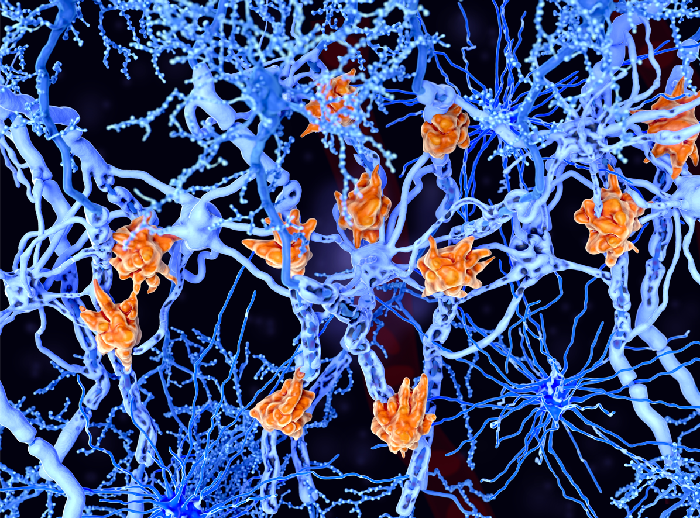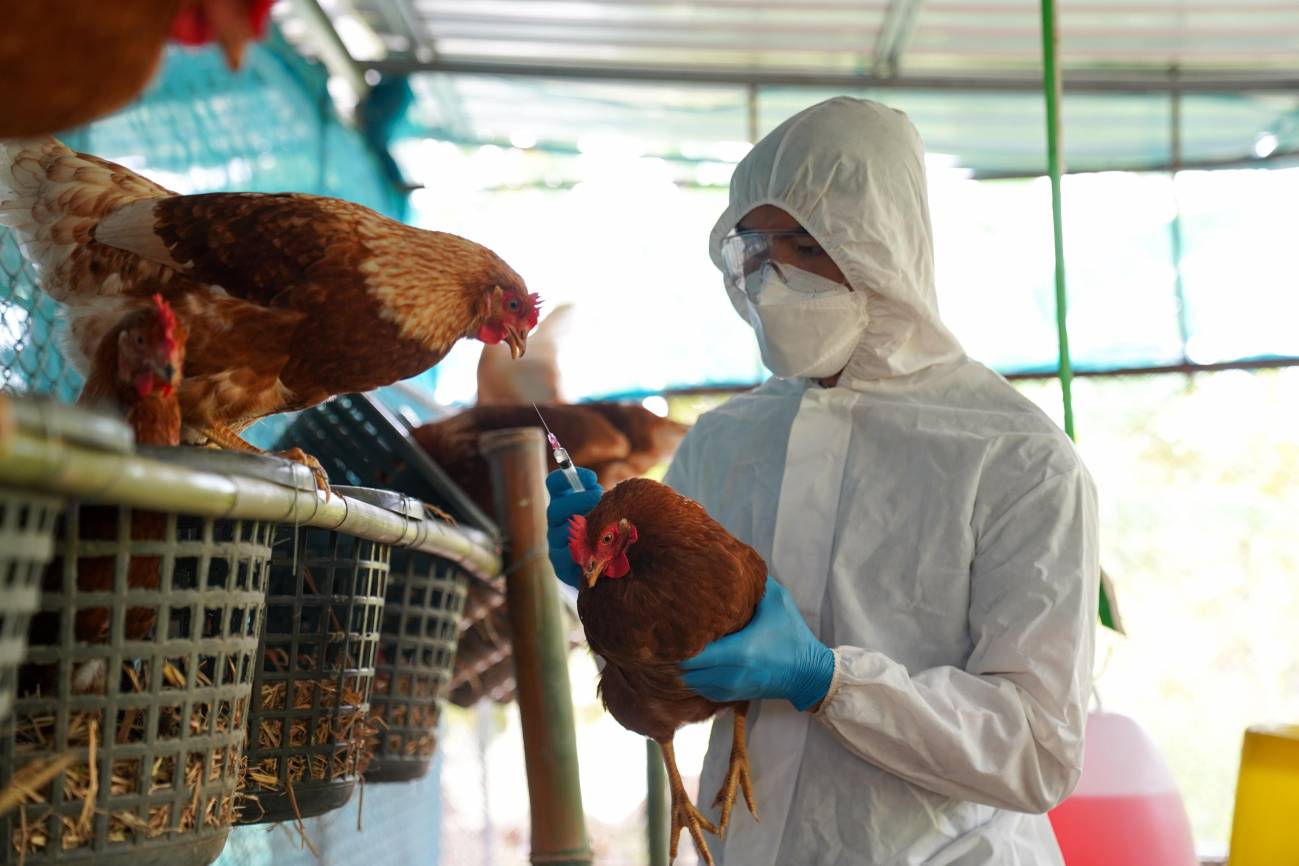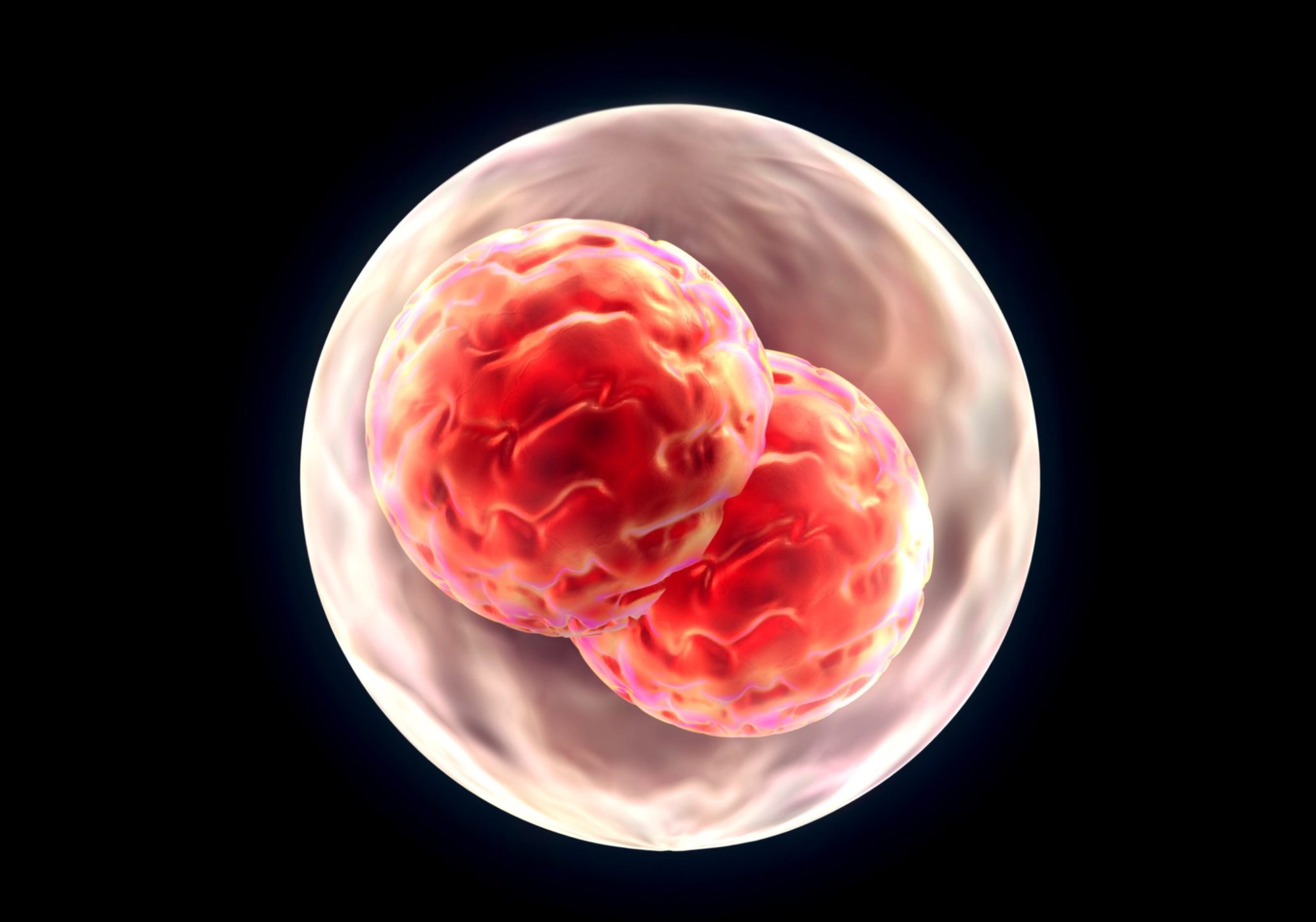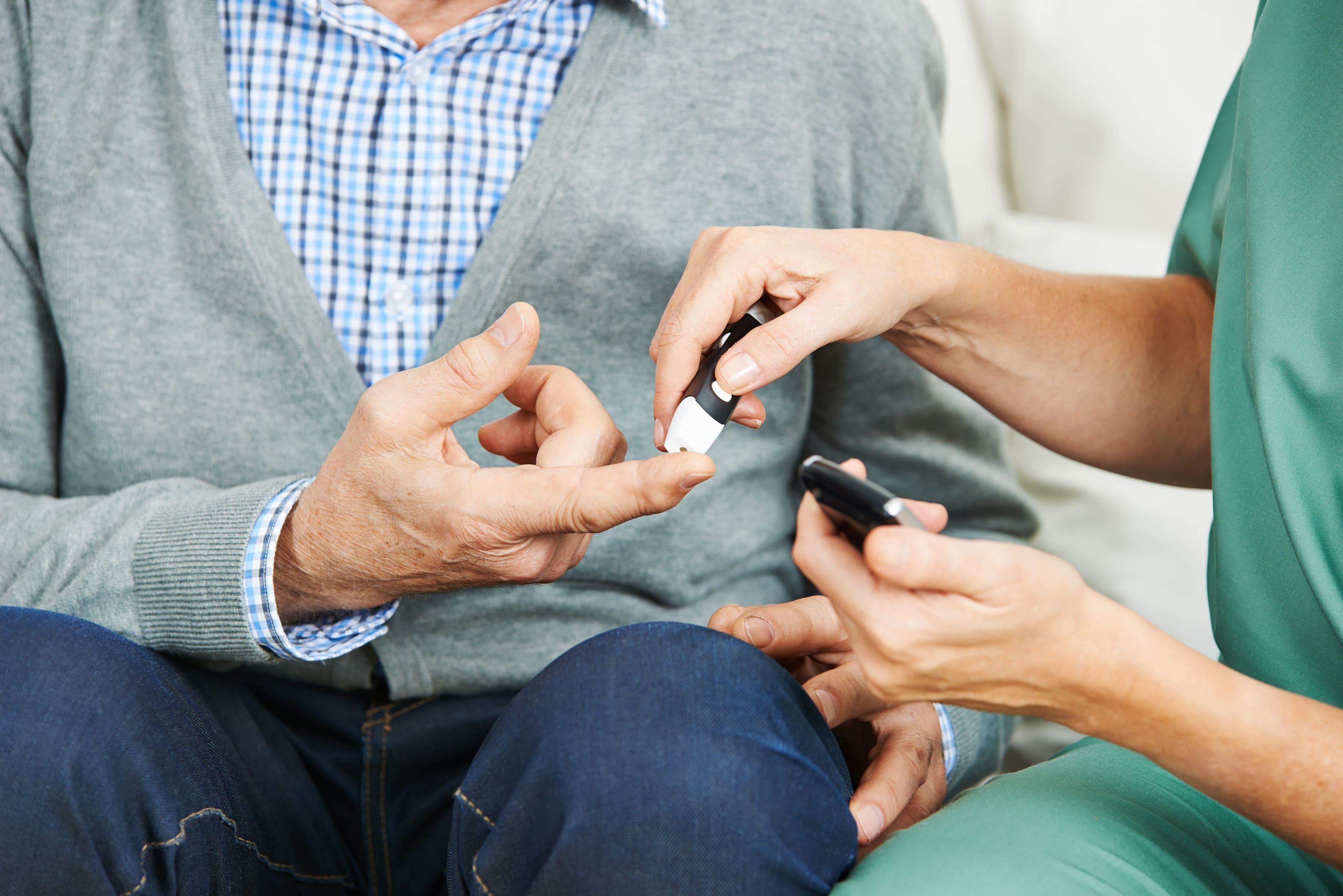Reaction: Under-the-skin implant tested to prevent HIV infection in non-human primates
Pre-exposure prophylaxis (PrEP), which usually consists of taking a daily oral anti-HIV drug, is a highly effective measure to prevent HIV infection. However, it only works well if people strictly follow the protocol, and some people end up not adhering to it. To improve this situation, researchers have tested an implant under the skin of non-human primates that releases the antiretroviral drug islatravir and maintains adequate concentrations for at least 20 months. The results, published in the journal Science Translational Medicine, show complete protection against infection with repeated exposure.









